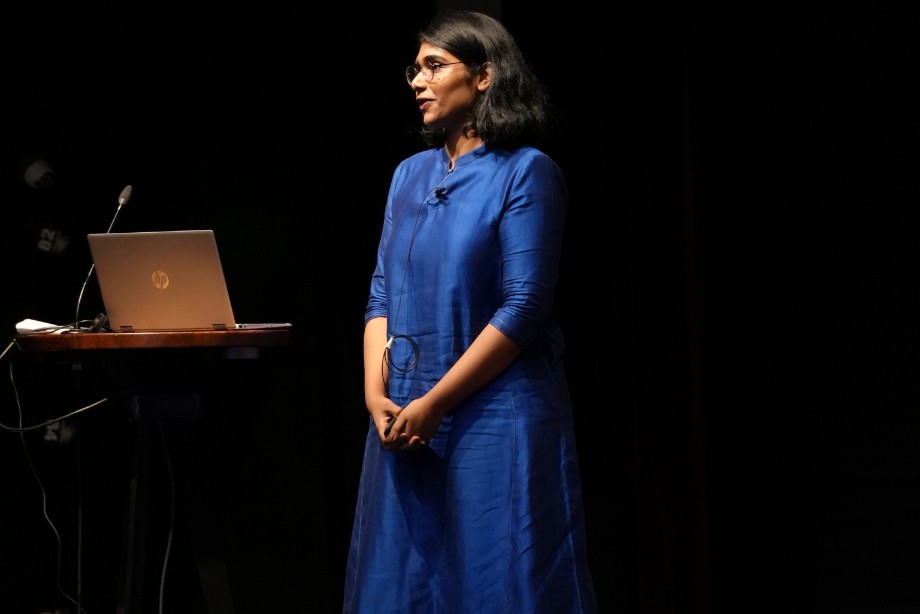The Vidhi Centre for Legal Policy published the NUDGE report on the need for a user-driven governance entity in the Account Aggregator (AA) ecosystem. This report charts the way ahead for consent-based financial data sharing in India. Manjushree RM, Senior Resident Fellow Law and Technology Team at the Vidhi Centre for Legal Policy, one of the authors, delved into the critical importance of governance within the Account Aggregator (AA) ecosystem.

In this address, she highlighted the pressing need for a trust network to bolster consumer confidence in sharing financial data. She identified three formidable barriers obstructing the widespread adoption of data-sharing systems: consumer apprehension, the intricacies of valuing data, and the deficiency in awareness and digital literacy. To surmount these hurdles, she emphasised the significance of an overarching governance strategy that places the public at the core of digital public infrastructure (DPI) while examining governance models implemented within India and globally.
Drawing from successful models like Aadhaar and UPI, which involve dedicated institutions and public-private partnerships, she underscores the importance of these models in overcoming obstacles. Additionally, she commends the Open Network for Digital Commerce (ONDC) consumer-centric approach and its diverse stakeholder involvement. Moving on to governance models globally, Manjushree highlights the shift from traditional government paradigms to more agile frameworks focused on user-centricity. She provides international examples from the United Kingdom, Philippines, Estonia, United States, Canada, Brazil, and Australia.
The Vidhi report suggested exploring innovative legal structures, such as social impact companies, to distribute the ecosystem’s costs among stakeholders equally. Similarly, the necessity of dedicated nodal entities for governance to foster cross-border synergy and ensure the speaker pointed out accountability. She indicated a clear trend of specialised governance bodies for DPIs in India, underlining a democratised approach to governance.
Manjushree emphasised the imperative of instituting a user-driven governance entity for data-sharing platforms. She recommended the endorsement of this entity by the Ministry of Finance to ensure the participation of public sector banks and mitigate regulatory challenges. Moreover, she advocated for a multi-stakeholder approach encompassing representatives from civil society, diverse ministries, and the financial sector.
In conclusion, Manjushree acknowledged the commendable efforts of Sahamati to formulate the codes of conduct and grievance redressal mechanisms. She outlined key recommendations for the AA Ecosystem in India. These include phasing Sahamati into a recognised governance entity, creating a central facilitative body for promoting communication among all AA ecosystem participants, and continuously reassessing governance initiatives in recognition of the intrinsic link between governance and technology. These recommendations are pivotal in expanding the reach of AAs beyond national borders and showcasing Indian technology on the global stage.
Listen to Manjushree speak about the report here. This workshop was co-hosted by Vidhi Centre for Legal Policy and Sahamati. Check out the link for more speakers and their blogs: https://sahamati.org.in/events/governance-for-data-empowerment/
Check out the NUDGE report published by the Vidhi Centre for Legal Policy: Nurturing a User-Driven Governance Entity (N.U.D.G.E.) for the Account Aggregator Ecosystem